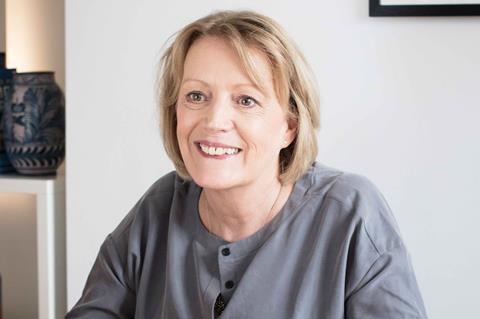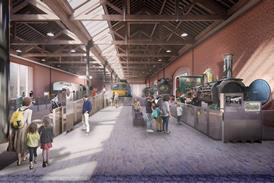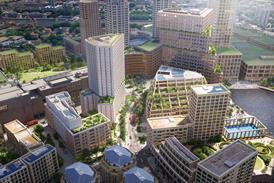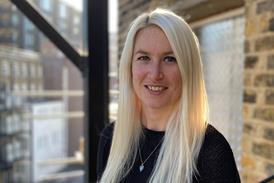We can all play our part in promoting a pace of work that promotes true wellbeing, writes Louise Rodgers

Is it just me, or does everything feel more sluggish at this time of year? From getting out of bed in the morning to the weary journey home in the dark, it all seems such hard work. Many of us appear to be on a long, slow, limp towards the annual festive break.
The sense I have is that, over recent years, this end-of-year exhaustion has become more pronounced. Is this because during the rest of the year everything is so fast?
The industrial and digital revolutions promised increased productivity, meaning that people should be able to work less and live a more balanced life. We all know that’s not how it has played out.
Even as technology continues to advance, many of us seem to be working longer hours than ever and yet still struggling financially, accruing more debt with each passing year. We have a sense that we are running faster and faster just to stand still.
Ironically this is happening at a time when in other areas of life, slowing down has become ‘a thing’. Slow travel, emphasising connection to local people, food, and cultures; slow food, prioritising local ecosystems, and sustainable food production.
None of this has translated into our working environment. We still feel a sense of inevitability when we look at our diaries and see that we have back-to-back meetings all day and an email inbox full of messages that simply must be responded to as soon as we have read them, whatever the time of day or the day of the week. Sometimes there is even a fear that if we pause this, even for a day or a few days, the result will be an even more overwhelming quantity of things that need to be done; and done NOW.
If you haven’t noticed adverse effects of this on your personal relationships or the other areas of your life, you’ll likely keep ploughing full-steam ahead and only stop when you have a compelling reason. Like Christmas.
It’s easy to think that we have no choice in the matter, but we do. My message here is to say that not only is it important to make sure that in modern, especially urban, environments, we take extra care of our individual wellbeing. This starts with noticing how you feel in your day-to-day. What is the pace of your life and what impact is it having on you, and those closest to you? Has the pace been increasing? What can you do to slow it down?
Modern lifestyles and modern jobs do come with a certain amount of pressure, and if we were given the chance to give up the technology that enables this quickening pace, most of us wouldn’t go back. But the stresses and strains that seem an inevitable part of this are often fixable – for example by muting email notifications when we are not at work; or taking a few short moments to engage in some mindfulness therapy. This doesn’t necessarily mean sitting cross-legged on a cushion, it can be as simple as walking a little more slowly through the park on the way to the office and deliberately noticing what is around you.
But it sometimes seems there is nothing that we like more than complaining about the pace of life. It has become almost a badge of honour in many work environments; to be rushed off your feet is to be busy, important, valued. And every time we’re given the choice between fast and slow, we choose the faster pace – even while reserving the right to moan about it all the way.
I was contacted by a client this week who wants coaching for a senior member of her team whose work life balance became so out of kilter that they decided the only way to fix it was to leave the practice altogether. She wants to support them with coaching during this transition, partly because she feels frustrated, angry and, yes, guilty, that things got so bad for this person that leaving seemed the only remaining option.
How was someone allowed to work such long hours, and have such a heavy workload, without anyone noticing? Or did they notice and just not care? These are the questions she is asking herself and will be asking of that person’s line manager.
Because it is not only to ourselves that we owe the gift of slowing down, it is to those people who work for us, or with us. It’s a bit early to be talking about New Year resolutions (and I am not a big fan anyway) but if we all commit to one small thing, such as not sending emails to anyone outside of office hours unless it really is of critical importance, that would be a good place to start. Imagine the impact of that if everyone did it.
Postscript
Louise Rodgers is Building Design’s professional coach. A personal and business coach, she co-created and co-delivers Step Up, a leadership development programme for built environment consultants.
Do you have a question for Louise? If so email louise@eidyia.co.uk. She will use the most interesting in her columns but cannot enter into individual correspondence.
















1 Readers' comment